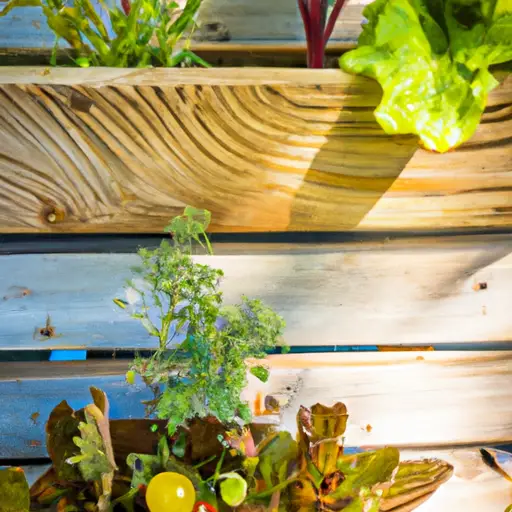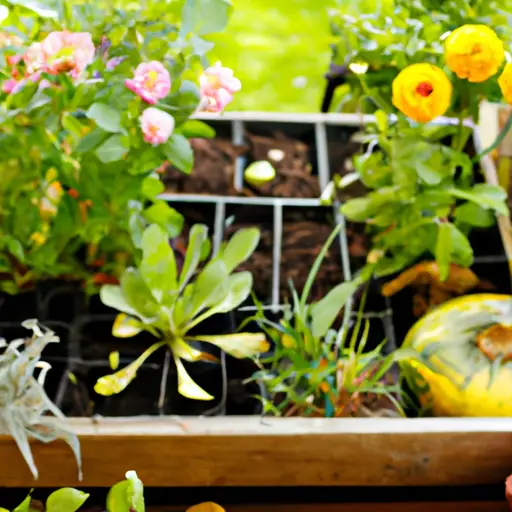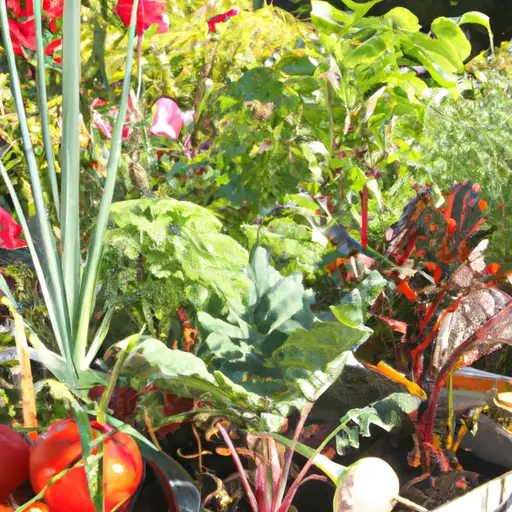Exploring the Benefits of Container Gardening in Urban Areas
Introduction:
Container gardening has gained immense popularity in recent years, particularly in urban areas where space constraints often limit traditional gardening options. This innovative approach allows individuals to grow plants and vegetables in small, portable containers, allowing them to make the most of limited space available. From enhancing aesthetic appeal to improving mental and physical well-being, container gardening offers a plethora of benefits that have transformed urban living. This article delves into the advantages of container gardening in urban areas, highlighting how it promotes sustainability, provides fresh produce, enhances air quality, encourages community involvement, and improves overall quality of life.
1. Promoting Sustainability:
Container gardening is a sustainable method that enables individuals to embrace the principles of self-sufficiency even in densely populated areas. By cultivating plants at home, people reduce their reliance on commercial agriculture and contribute towards reducing carbon footprints associated with long-distance transportation of produce. Additionally, growing plants in containers also minimizes water usage compared to traditional garden beds as it allows for precise watering methods and prevents excessive evaporation.
2. Fresh Produce Availability:

One of the major advantages of container gardening is the opportunity to grow fresh produce right at home. Urban dwellers often face challenges when it comes to accessing fresh fruits and vegetables due to limited availability or high costs. Container gardens provide a practical solution by enabling individuals to grow a variety of crops such as tomatoes, salad greens, herbs, and even dwarf fruit trees on balconies or rooftops. Having readily available fresh produce not only improves diet but also reduces dependence on processed foods.
3. Improving Air Quality:
Urban environments are often plagued by elevated pollution levels due to traffic congestion and industrial activities. Container gardening plays a significant role in combating this issue by acting as green filters that absorb harmful pollutants from the air while releasing oxygen through photosynthesis. Plants like spider plants, peace lilies, and pothos are particularly effective in purifying indoor air and removing volatile organic compounds (VOCs). By creating a healthier living environment, container gardening can mitigate the detrimental effects of air pollution on human health.
4. Encouraging Community Involvement:
Container gardening has the unique ability to foster community engagement within urban areas. In cities where green spaces are limited, community gardens or shared container garden projects bring people together and promote social interaction. These initiatives allow individuals to share resources, knowledge, and experiences with fellow gardeners, thus enhancing camaraderie and building stronger local communities. Container gardening also promotes educational opportunities for children and adults alike, teaching valuable lessons about sustainable practices and fostering a sense of pride in contributing to the environment.
5. Enhancing Quality of Life:

Beyond its environmental benefits, container gardening significantly improves the overall quality of life in urban areas. Gardening has been shown to reduce stress levels, improve mental well-being, and increase satisfaction with life. Engaging in the physical activity of tending to plants provides a therapeutic escape from the fast-paced urban lifestyle and connects individuals with nature even in small spaces. The act of nurturing plants cultivates patience, responsibility, and mindfulness while creating an oasis of tranquility amidst concrete jungles.
Conclusion:
Container gardening has revolutionized urban living by providing residents with an array of benefits that range from sustainability to improved mental well-being. By embracing this innovative approach to gardening, individuals can play an active role in promoting self-sufficiency, reducing their carbon footprint, accessing fresh produce conveniently, improving air quality, fostering community involvement, and enhancing overall quality of life. As cities continue to expand and green spaces become increasingly scarce, container gardening offers a practical solution that enables everyone to experience the joys and advantages of nurturing plants even in the most challenging urban environments.
References:
– Kuo M., Sullivan W.C., Coley R.L., Brunson L.(1998). Fertile ground for community: inner-city neighborhood common spaces. American Journal of Community Psychology, 26(6), 823-851.
– Ohrnberger J., Fichera E., Sutton M.(2019). The relationship between physical and mental health: A mediation analysis. Social Science & Medicine, 220, 409-416.
–













